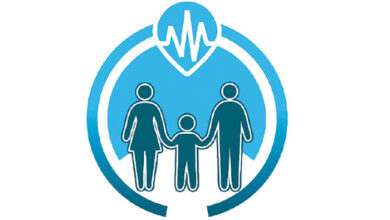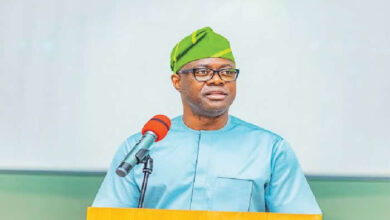Expert advocates movement-based learning for children’s development

A United States-based childhood education expert, Idowu Adekanbi, has advocated for the integration of movement-based learning into school curricula to promote children’s mental, emotional, and physical development.
Adekanbi, a researcher and child education advocate, made the call in a statement shared with PUNCH Online on Sunday in which she stressed that physical activity should not be treated as an extracurricular pursuit but as an essential part of the learning process—particularly during early childhood.
“The first few years of life are crucial for a child’s development, and incorporating movement into daily learning experiences can provide far-reaching benefits beyond physical fitness.
“Children’s development hinges on their ability to explore, interact, and engage with their environment,” she said.
According to her, incorporating movement into daily classroom routines enhances cognitive and language skills while boosting social and emotional intelligence.
She cited World Health Organisation recommendations that children engage in at least 60 minutes of physical activity daily, noting that this is vital for healthy development.
“In a world where digital technology and sedentary behaviours are increasingly prevalent, integrating movement into early education can serve as a counterbalance, promoting healthier and well-rounded children,” Adekanbi added.
Studies, she noted, have shown that children who participate in physical activities—such as running, jumping, hopping, and skipping—often exhibit improved focus, better academic performance, and stronger emotional regulation.
Beyond fitness, these activities build confidence and support peer interaction.
Adekanbi also highlighted the mental health implications of physical activity, especially in an era of increasing anxiety and stress among young people.
“Incorporating movement-based activities into the curriculum can promote physical health while providing children with the tools they need to manage stress, anxiety, endurance, and frustration,” she said.
She further urged education systems globally, including in Nigeria, to embrace movement-driven curricula.
“This is not just a US-centric issue; the benefits of movement-based education are universal,” she stated.
While acknowledging challenges such as a lack of trained teachers and limited space or resources, particularly in low-income regions, Adekanbi suggested practical solutions.
These include training educators in movement-friendly teaching techniques and using simple, low-cost tools to create space for physical activity in classrooms.
“We don’t need expensive equipment or large spaces to make a difference, sometimes, it is as simple as turning a classroom into a space for movement and creative play,” she added.
Adekanbi called on policymakers, educators, and parents to support a shift toward movement-based learning, emphasising its importance in shaping the next generation.
Early childhood education is the foundation for everything that follows, and movement must be a central part of that foundation,” she concluded.





